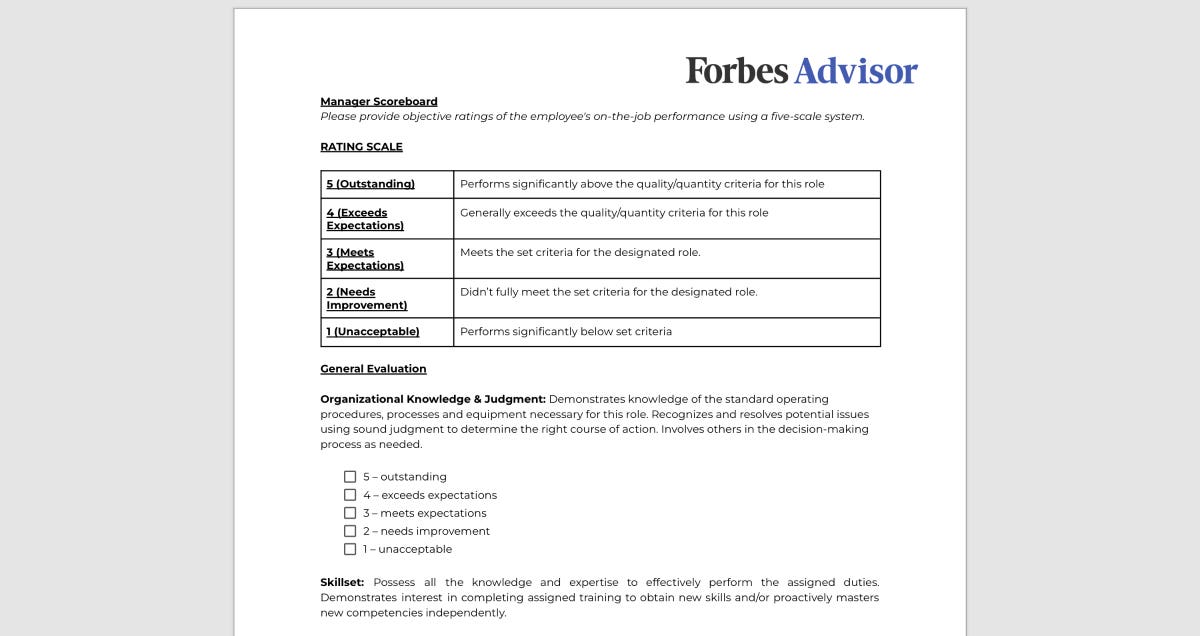Investing In Middle Management: A Key To Improved Company Performance And Employee Satisfaction

Table of Contents
The Crucial Role of Middle Management in Bridging the Gap
Middle managers form the critical link between upper management and frontline employees. They are responsible for translating high-level strategic goals into actionable plans that teams can understand and implement. This role requires exceptional communication, delegation, and feedback skills. Effective middle managers don't just assign tasks; they mentor, motivate, and support their teams. This crucial layer of leadership ensures consistent implementation of company policies and provides valuable feedback to upper management, identifying potential roadblocks and celebrating successes.
- Translates company strategy into actionable plans: Middle managers break down complex strategies into manageable tasks, ensuring everyone understands their role in achieving the overall objectives.
- Mentors and motivates frontline employees: They provide guidance, support, and encouragement, fostering a positive and productive work environment.
- Provides valuable feedback to upper management: They act as a conduit for information, relaying employee concerns and suggestions, contributing to more informed decision-making at the executive level.
- Ensures consistent implementation of company policies: They are responsible for upholding company standards and procedures across their teams.
Investing in Middle Management Training & Development
Investing in middle management isn't just about hiring the right people; it's about providing them with the tools and skills they need to excel. Ongoing training and development programs are essential for equipping middle managers with the competencies required to lead effectively. This includes focusing on areas like leadership skills, communication, conflict resolution, performance management, and strategic thinking.
- Leadership workshops and seminars: These programs offer opportunities for middle managers to hone their leadership abilities, learning best practices and developing their own leadership styles.
- Mentorship programs with senior executives: Pairing middle managers with experienced leaders provides valuable guidance and insights, accelerating their professional development.
- Online courses and certifications in relevant management skills: Access to online learning platforms allows for continuous learning and skill development at the individual's pace.
- 360-degree feedback for self-improvement: Gathering feedback from peers, subordinates, and supervisors provides a holistic view of performance, highlighting areas for improvement.
Improved Employee Satisfaction Through Effective Middle Management
The impact of effective middle management on employee satisfaction is undeniable. When middle managers foster open communication, provide fair treatment, and create opportunities for growth, employee morale and productivity soar. This positive leadership style directly translates into a more engaged and motivated workforce.
- Reduced employee turnover: Employees are more likely to stay with a company where they feel valued, supported, and challenged.
- Increased employee engagement and motivation: A positive work environment fostered by supportive middle management leads to higher levels of engagement and motivation.
- Improved teamwork and collaboration: Effective middle managers facilitate collaboration and build strong teams.
- A more positive work environment: A supportive and encouraging management style creates a more pleasant and productive workplace.
The Impact on Company Performance: Measurable Results
Investing in middle management isn't just about feeling good; it produces tangible results. Companies that prioritize middle manager development often see significant improvements in efficiency, productivity, and profitability.
- Increased project success rates: Well-trained middle managers effectively lead projects to successful completion.
- Higher levels of operational efficiency: Streamlined processes and improved workflows are a direct result of effective middle management.
- Improved customer satisfaction: A well-trained workforce translates into better service and higher customer satisfaction.
- Increased profitability and return on investment: The improved efficiency, productivity, and employee retention ultimately lead to a higher return on investment.
Conclusion
Investing in middle management is not an expense; it's a strategic investment that yields significant returns. By prioritizing middle manager training, development, and ongoing support, companies can significantly improve employee satisfaction and boost overall company performance. The key takeaways are clear: strengthening your middle management directly impacts employee morale, productivity, and the bottom line. Don't wait; start developing your middle management team today. Make strategic middle management investment a priority and reap the long-term rewards of a highly engaged and productive workforce. Prioritize improving your middle management team and watch your company thrive. The future of your organization depends on it.

Featured Posts
-
 Landlord Price Gouging Following La Fires A Growing Concern
May 19, 2025
Landlord Price Gouging Following La Fires A Growing Concern
May 19, 2025 -
 Actor Miles Caton Eyes Spider Man Role In Marvel Cinematic Universe
May 19, 2025
Actor Miles Caton Eyes Spider Man Role In Marvel Cinematic Universe
May 19, 2025 -
 Longhorns Daily News Sec Moves To Nine Game Schedule Sankey Weighs In
May 19, 2025
Longhorns Daily News Sec Moves To Nine Game Schedule Sankey Weighs In
May 19, 2025 -
 I Eorti Toy Eyaggelismoy Sta Ierosolyma Topos Ethima Kai Simasia
May 19, 2025
I Eorti Toy Eyaggelismoy Sta Ierosolyma Topos Ethima Kai Simasia
May 19, 2025 -
 Mark Rylances Criticism Of Music Festivals Prison Camp Conditions In London Parks
May 19, 2025
Mark Rylances Criticism Of Music Festivals Prison Camp Conditions In London Parks
May 19, 2025
